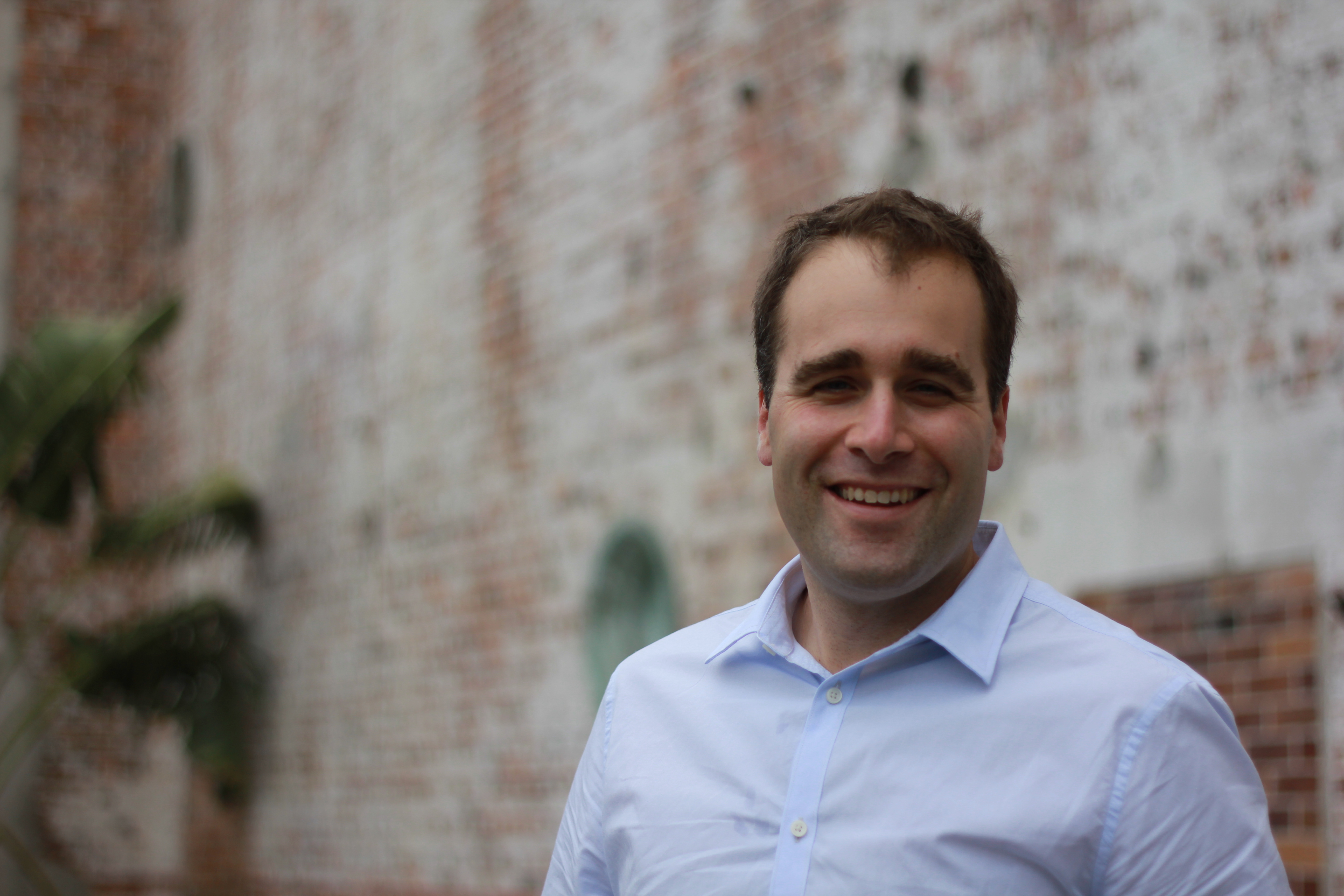Stefan Hajkowicz – Principal scientist for strategic foresight
By Emily Lehmann
It’s hard for some of us to remember a time when phones couldn’t take video (you can video conference with the humble home phone nowadays), let alone life without the internet. In fact, some of you reading now may not have even been born yet.
Last year delivered everything from a smartphone that you can use as a credit card to ground-breaking, tech-like tiny robots that can swim through the bloodstream.
We have also been busy working on some great developments, like the very clever work of our own team (who doesn’t want a 3D-printed bike?).
The Flying Machine's 3DP-F1 has luges 3D printed out of titanium
The Flying Machine’s 3DP-F1 has luges 3D printed out of titanium
Not all technology was welcome of course – we are looking at you selfie stick – but generally the last few years have been great for technological advancements.
And, yet we must pause and remember our ancient proverbs – “With great leaps forward in technology, comes great responsibility.”
Over the weekend, the World Economic Forum (WE Forum) announced a new collaboration tasked with a mission called the Global Strategic Foresight Community.
It is bringing thought leaders from all over the globe together to compare and contrast insights into global shifts (megatrends), and positively shape the future.
We’re delighted because our principal scientist for strategic foresight Stefan Hajkowicz is one of the 32 members chosen to take part.
As part of this community of experts Stefan will explore the potential of the creative economy. His report shows that creative services (e.g. music, film, theatre, arts, entertainment and a wide range of knowledge products) are an underappreciated bright spot of the global economy.
Which is odd, considering how resilient these industries are. For example, when the global financial crisis threw an enormous spanner into the world economy, creative services continued to grow by an average rate of 14 per cent per annum worldwide, while international trade contracted by 12 per cent.
The creative economy has great potential, and Stefan predicts that they could grow significantly in the future thanks to:
- Greater income growth in developing countries – opening even more markets
- Technological change – creating new platforms and ways to collaborate and trade
- The growth of the internet – which will continue to fuel creative industries with more ideas and opportunities.
The internet is growing as a platform to deliver products such as music and television rapidly and for little cost. Take for instance, the growing number of people using video, media and music streaming websites to get the latest content instantly for a fraction of the price of traditional retailers or outlets.
3D printers could allow virtual goods to be made cheaply on demand, without the need to own a factory or warehouse. Already you can purchase 3D-printed jewellery and quirky accessories online, while companies and researchers are now experimenting and developing products like 3D-printed prosthetic limbs (we successfully printed and implanted a titanium ankle bone last year), clothing and cars.
Image of a 3D printed titanium heel implant, with two other non-metallic versions
The 3D-printed titanium heel implant
Advances and trends like this will have a massive impact, by increasing trade in creative services and changing the way the world economy works. They can even help to alleviate some of the world’s greatest challenges like youth unemployment and poverty. We are excited Stefan will be taking part and shaping the conversation.
You can read more about Stefan’s global shifts at the WE Forum’s Global Strategic Foresight Community and his forthcoming book Global Megatrends will be available through CSIRO Publishing in April.




